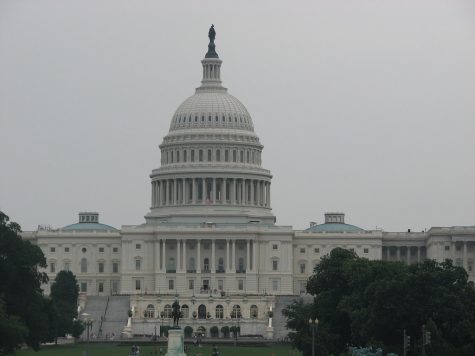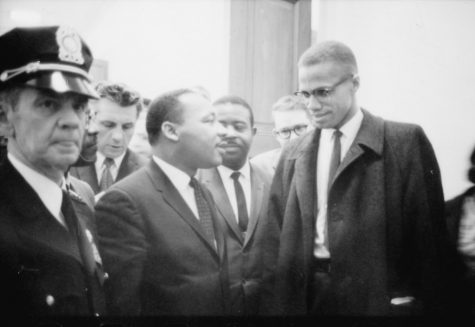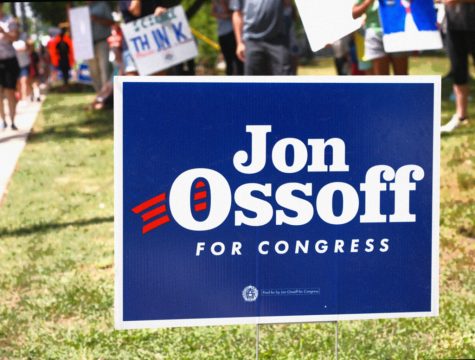Recent Ban On Juul Pods Brings Up Widespread Controversy
October 7, 2019
Vaping is the new norm amongst 21st century teenagers, and it has raised some increasingly prevalent concerns surrounding the health, cost, and social/mental implications of this trend. E-cigarette companies, who had originally marketed their products to nicotine addicts that wanted to cut back on the use of tobacco products, have come under scrutiny for marketing to high school students, and many blame these advertisements for what is often referred to as the “vaping epidemic”.
A similar issue was apparent throughout the eighties and nineties as a variety companies produced and released a series of advertisements, such as the Joe Camel commercial that advertised Camel cigarettes. These commercials, depicting the company’s goofy cartoon mascot Joe the Camel enjoying cigarettes, were strategically marketed toward minors in a shallow attempt to bolster the company’s profit. The Joe Camel commercials aired in the United States from 1988 until they were taken off the air in 1997 after intense backlash for their targeted marketing strategies. The Reynolds Tobacco company, the producers of the Joe Camel commercial, was among many businesses that illegally targeted young adults in their advertisements. Despite the ban of this commercial, and new laws requiring tobacco companies to inform consumers of health risks, the concern of illegal tobacco, nicotine and other addictive products is just as pressing today, as many major companies that carry Juuls, e-cigarettes, or vapes, have been accused of marketing to teens, similar to the behavior the Reynolds tobacco company engaged in throughout the nineties. For many, the simple fact that these companies sell flavored products that are specifically meant to appeal to a teenage audience is evidence enough.
The Joe Camel commercial received criticism from a variety of sources, and after government response, the scandal ended up being one of the leading factors that contributed to the regulation of cigarettes today. However, e-cigarette companies today seem to be implementing many of the tactics of the Reynolds Tobacco Company. The response to the advertising techniques employed by modern companies has been one of the many factors leading to a recent government response.
In light of six new death directly linked to the use of Juuls, the current administration has begun to back legislation that bans the sale of flavored Juul pods and flavored e-cigarette liquid. These actions, while seen by a necessary and beneficial step by many, have caused a roaring controversy amongst teens, teachers, parents, and anyone caught up in the E-cigarette craze. However, this immediate jump into action by the current administration after six death proves to be the pinnacle of irony, as it is the same administration that has repeatedly and blatantly refused to pass, or merely consider, legislation that aims to protect young adults through the use of banning or restricting other products that lead to thousands of deaths each year. Six teen deaths linked to vaping seems to have enough of an incentive for legal action on a federal level, but the death of thousands upon thousands of teens every year as a result of gun violence, drunk driving, etc., does not warrant the same response.This raises a plethora of important questions that address the credibility and intentions of these bans, and the next steps that will be taken as new issues continue to swarm into the public political scene. Cigarettes were not banned after the Joe Camel incident. Instead, harmful advertising was prevented, which seems to be a logical next step in this mirrored situation. Regardless of one’s opinion of the current vaping epidemic, recently referred to as a public health crisis, the efficacy and intent of these potential bans are questionable, and the need for new solutions to address this problem is essential.














